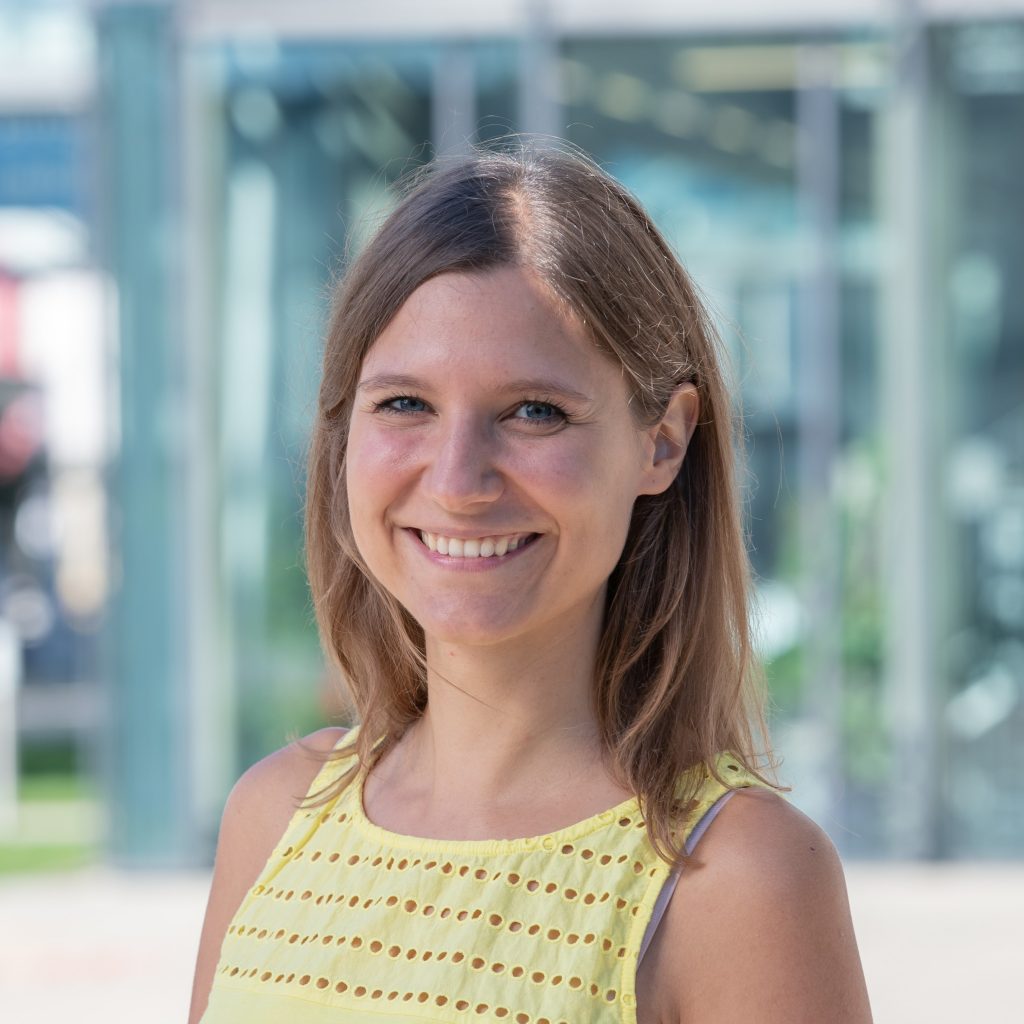Erwin Cetl worked as a nurse for a long time and took care of people in need when he decided in 2016 to direct his academic career towards a combination of healthcare and technology. Now he is responsible for development of medical devices and studies part-time at the St. Pölten University of Applied Sciences. As part of the Master’s degree program Digital Healthcare, he and his interdisciplinary team, consisting of software and hardware developers, occupational therapists, and physiotherapists, have the opportunity to combine technology and healthcare and to improve the world of healthcare sustainably using innovative digital approaches.
Development of the gamification application PENguin used by children to perform graphomotor movements with the STABILO® ErgoPen
FROG 2020 – Poster Presentation
Co-Authors:
Erik Sommer (Project Team Member)
Mario Heller (Project Coach)
Jens Barth (STABILO)
Tim Hamann (STABILO)
In recent years it has been observed that with the increasing use of computers, tablets, or mobile devices, traditional handwriting with pencil and paper has been more and more replaced by digital writing implements such as keyboards or stylus pens. The increased use of digital media also affects sensorimotor skills and their influence on children’s reading and writing performance. Children who have problems with writing skills often cannot keep up with the amount of written work required in primary schools. This may affect their academic progress and leads to decreased self-esteem and behavioral problems. Typically, these children are mostly viewed as uncooperative or lazy, which leads to further frustration and disappointment. Since there are many different approaches for teaching handwriting in primary schools, both the type and duration of the instructions are major external factors influencing handwriting performance. In many different areas of health care, playful training approaches are used as an alternative to conventional training methods in order to increase motivation and fun. Therefore, as part of the Master´s degree program, Digital Healthcare at the St. Pölten University of Applied Sciences and in cooperation with STABILO® International GmbH the interactive software PENguin was developed to perform graphomotor movements with the STABILO® ErgoPen in a playful way. For this purpose, the user utilizes a special pen, which is equipped with numerous sensors to convert manual movements of the hand into digital signals to control the game. By executing three different graphomotor movements with the ErgoPen, a PENguin is controlled within the application in almost real-time to either move forward or backward, jump or throw snowballs at opponents.










